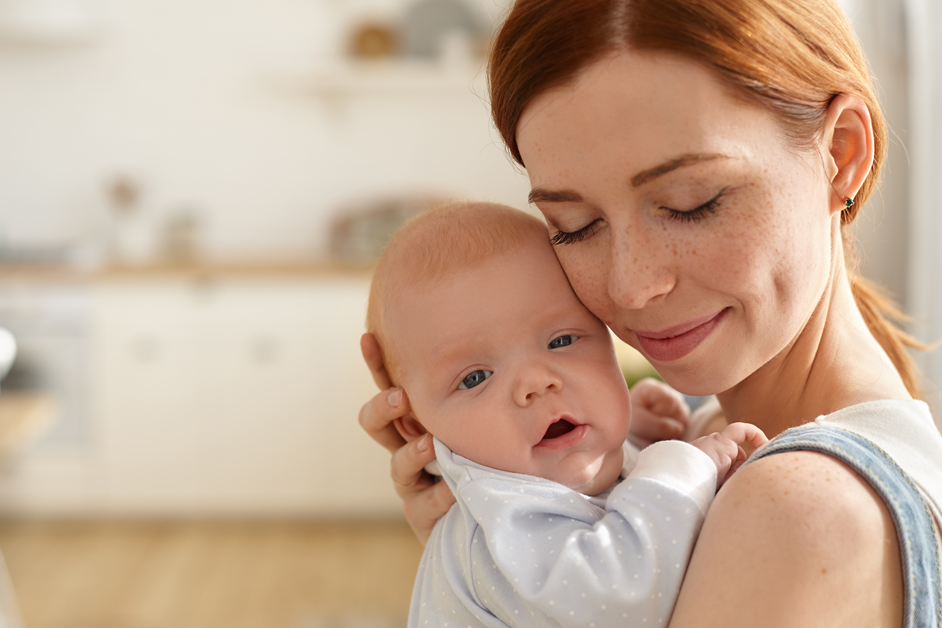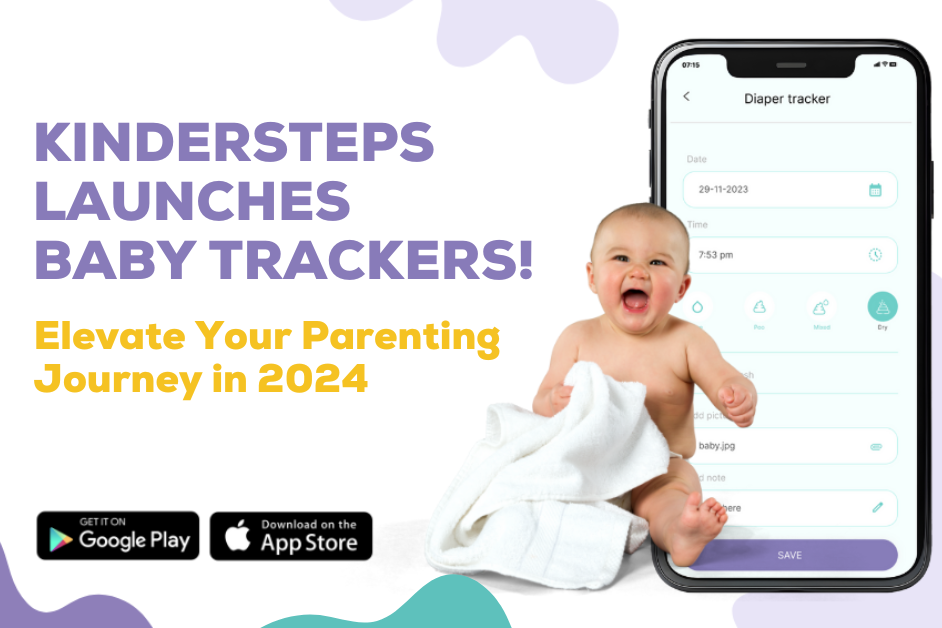Parenting is an incredible journey filled with joy, challenges, and the ever-present desire to provide the best for our children. As parents, we all want our kids to grow up happy, healthy, and emotionally resilient. But in the hustle and bustle of daily life, it's easy to lose sight of what truly matters. That's where mindful parenting comes into play – a powerful approach that can not only enhance your child's mental well-being but also nurture your own.
In this article, we'll explore the concept of mindful parenting, offering practical strategies to promote well-being in both your child and yourself. No complicated jargon, no complex theories – just simple, effective techniques that can make a world of difference.
What is mindful parenting?
At its core, mindful parenting is about being fully present and engaged in the moments we share with our children. It involves cultivating awareness, non-judgment, and compassion as we navigate the ups and downs of parenting. By practicing mindful parenting, we create a nurturing environment that fosters emotional well-being and strengthens the parent-child bond. It's a powerful tool that can positively impact both our children's mental health and our own.
The benefits of mindful parenting
When we embrace mindful parenting, we unlock a host of benefits for our children and ourselves. For children, mindful parenting promotes emotional well-being by teaching them how to regulate their emotions, navigate stress, and build resilience. It enhances their self-awareness, empathy, and ability to establish healthy relationships. As for parents, practicing mindfulness improves our mental health, reduces stress, and enhances our ability to respond to parenting challenges with clarity and compassion. Research findings and heartfelt stories from fellow parents demonstrate the transformative power of mindful parenting.
Strategies for practicing mindful parenting
Now that we understand the profound impact of mindful parenting, let's explore some practical strategies to incorporate mindfulness into our daily parenting routines:
Creating a peaceful home environment
In the hustle and bustle of daily life, having a designated peaceful space at home can work wonders. Imagine a corner adorned with soft lighting, plush cushions, and soothing scents. This is your oasis of calm. When life gets overwhelming, retreat to this space with your child. Encourage them to sit quietly, breathe deeply, and just be in the moment. The serenity of this environment will envelop you both, fostering a sense of tranquility that can help diffuse even the most intense family moments.
Engaging in mindful communication with your child
One of the cornerstones of mindful parenting is mindful communication. It's about more than just hearing your child; it's about truly listening. When your child speaks, put away distractions and give them your full attention. Ask open-ended questions to encourage them to express themselves fully. Respond empathetically, acknowledging their feelings. This practice not only validates their emotions but also builds a strong foundation for open and honest dialogue, a key component of a healthy parent-child relationship.
Mindful mealtime: Savoring every bite
Mealtime often becomes a rushed affair in busy households. However, with a little mindfulness, it can be transformed into a delightful bonding experience. Encourage your child to appreciate the colors, textures, and flavors of their food. Ask them about their favorite part of the meal. By savoring each bite and engaging in conversation, you create a space for connection and gratitude around the dining table.
Embracing nature: Outdoor mindfulness adventures
Nature has a remarkable ability to ground us in the present moment. Take your child on outdoor adventures and explore the wonders of the natural world together. Whether it's a hike in the woods, a day at the beach, or simply a walk in the park, encourage your child to use all their senses to experience the beauty of the outdoors. The rustling leaves, chirping birds, and the feel of the earth beneath their feet can instill a deep sense of mindfulness and appreciation for the world around them.
Mindful play: Turning everyday activities into zen moments
Children love to play, and you can turn playtime into mindful moments. Whether it's building with blocks, coloring, or playing a game, encourage your child to be fully present in their play. Help them become aware of their thoughts and feelings during these activities. This not only enhances their focus but also teaches them how to find joy in the simplest of moments.
Managing emotions: The mindful way
Emotions can run high in family life, and teaching your child to manage them mindfully is a valuable skill. When your child experiences strong emotions, guide them in taking deep breaths. Encourage them to name their feelings and explore the physical sensations associated with those emotions. This practice helps your child gain emotional intelligence and equips them to navigate the ups and downs of life with grace.
Teaching gratitude and compassion
Mindful parenting is also about nurturing qualities like gratitude and compassion. Set aside time each day to reflect on the things you're grateful for and invite your child to join you. Encourage acts of kindness and teach your child to be compassionate towards others. These practices not only deepen your connection but also cultivate a sense of empathy in your child.
Mindful bedtime routine: The gateway to serenity
The bedtime routine offers a perfect opportunity to end the day on a peaceful note. Create a bedtime ritual that involves mindfulness. Dim the lights, read a calming story, and engage in relaxation exercises like deep breathing or gentle stretches. This routine can help your child unwind, sleep better, and wake up refreshed, ready to face a new day with mindfulness.
In this fast-paced world, where the demands of parenting can sometimes feel overwhelming, practicing mindful parenting becomes a vital tool in promoting the mental health and well-being of both our children and ourselves. Remember, mindful parenting begins with self-care. Take time for yourself, engage in stress management techniques, and prioritize your well-being. When parents nurture their own mental health, they can better support their children.
By embracing the principles of being present, attentive, and compassionate, we create a nurturing environment where our children can truly thrive emotionally.
Kindersteps is a free parenting app designed specifically for children aged 0-5 years. With over 1500 early childhood developmental activities, Kindersteps is your companion in creating meaningful moments with your child. Download the Kindersteps app today!






.jpg?alt=media&token=166b64a9-274c-400c-95e4-baf0013e7e43)
